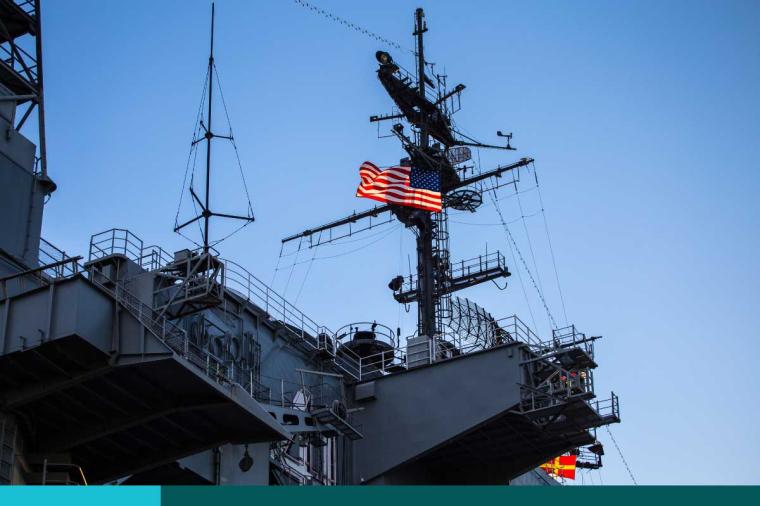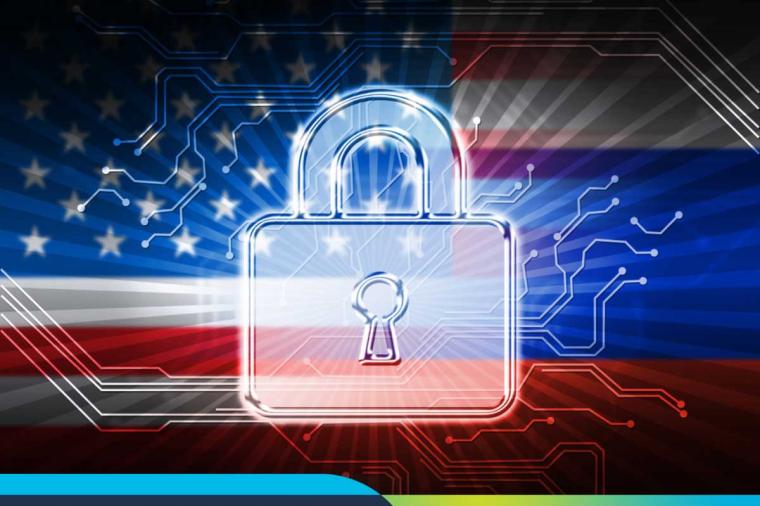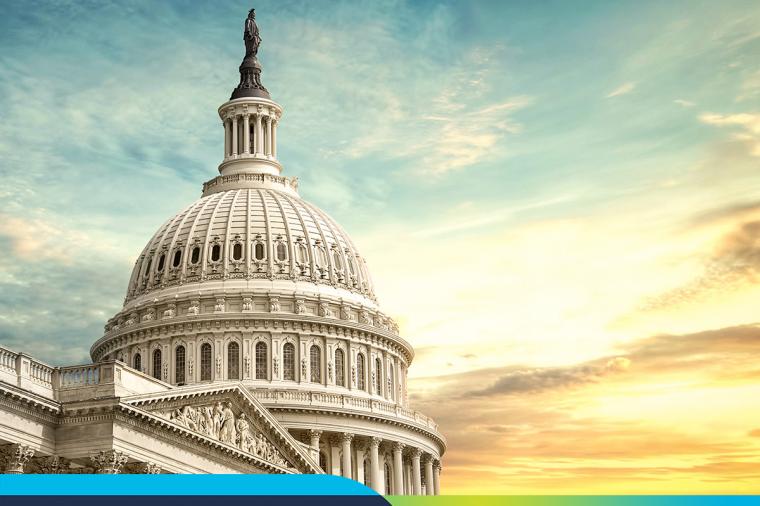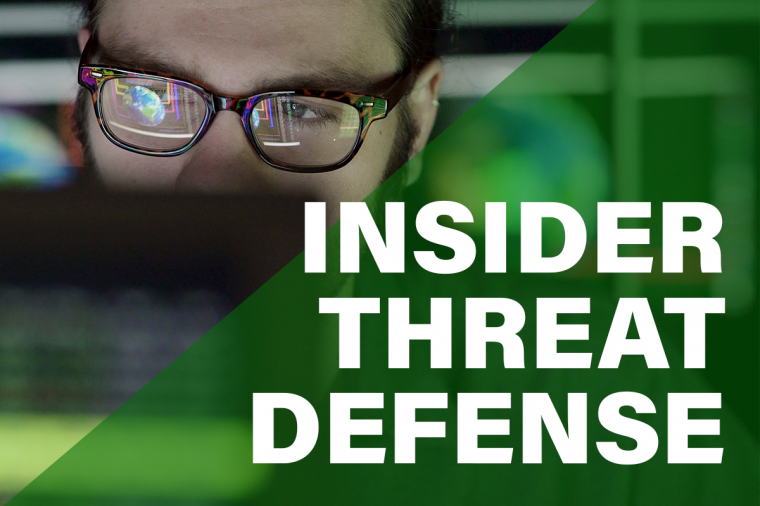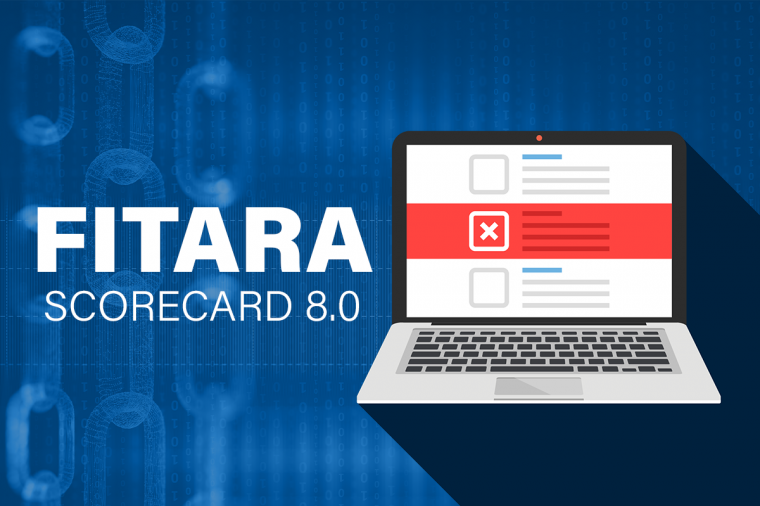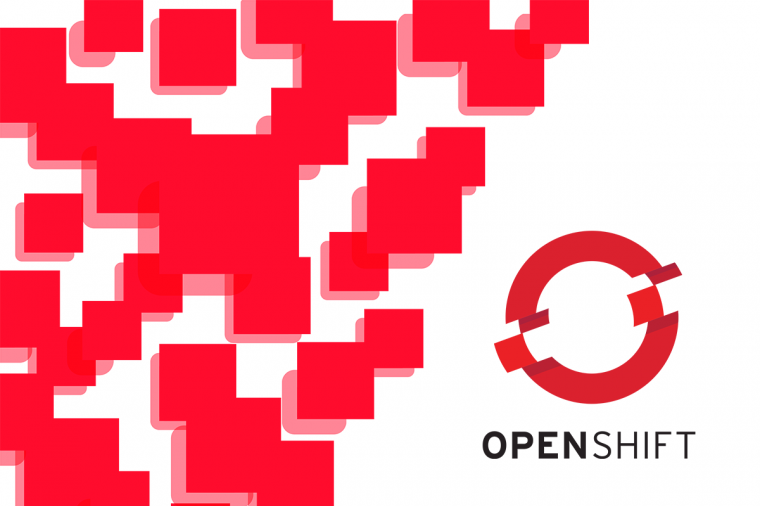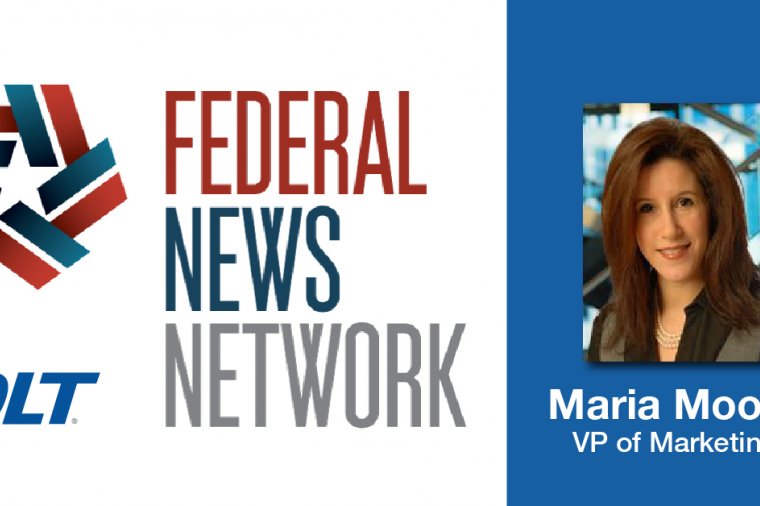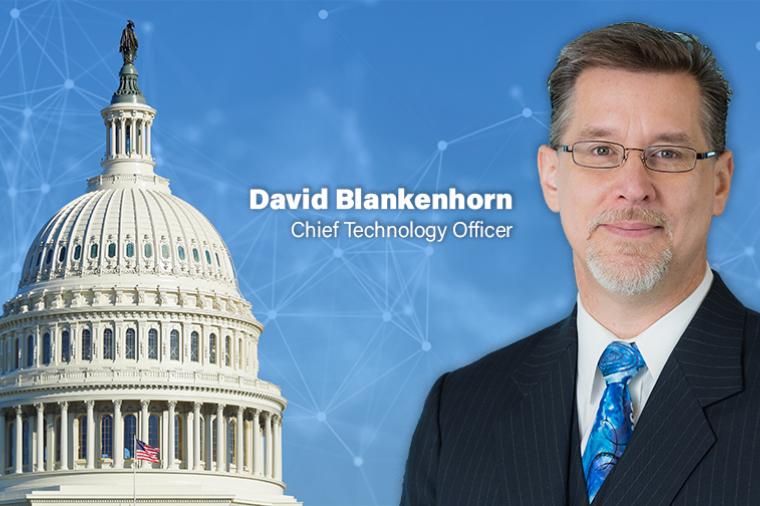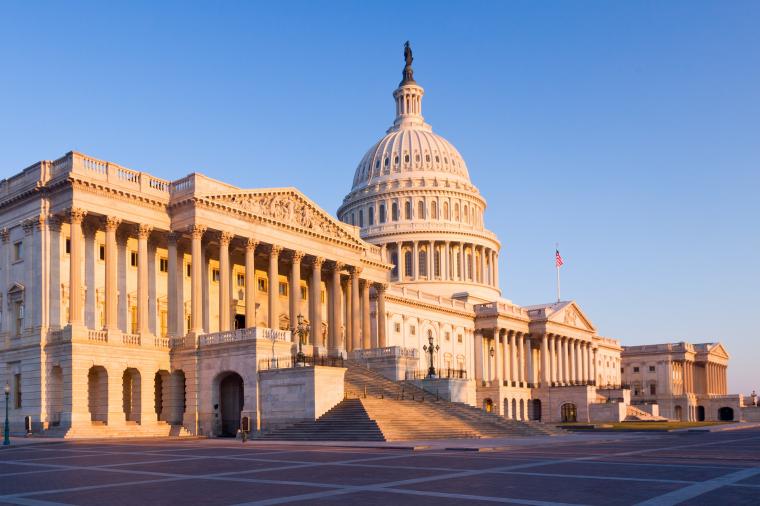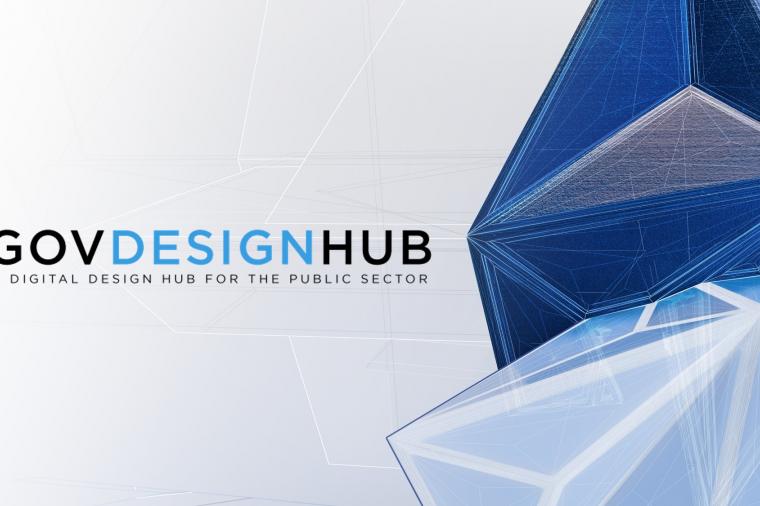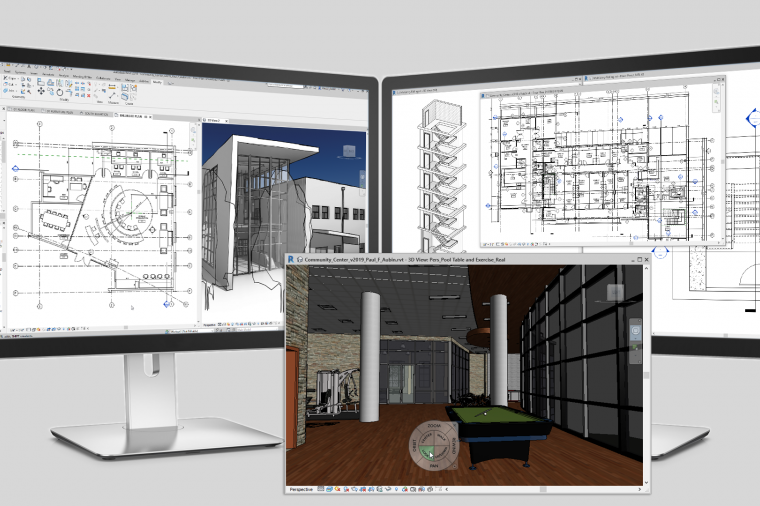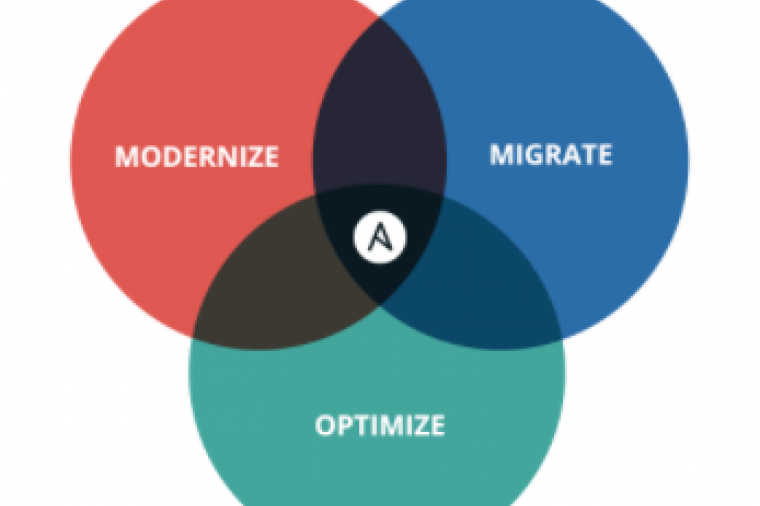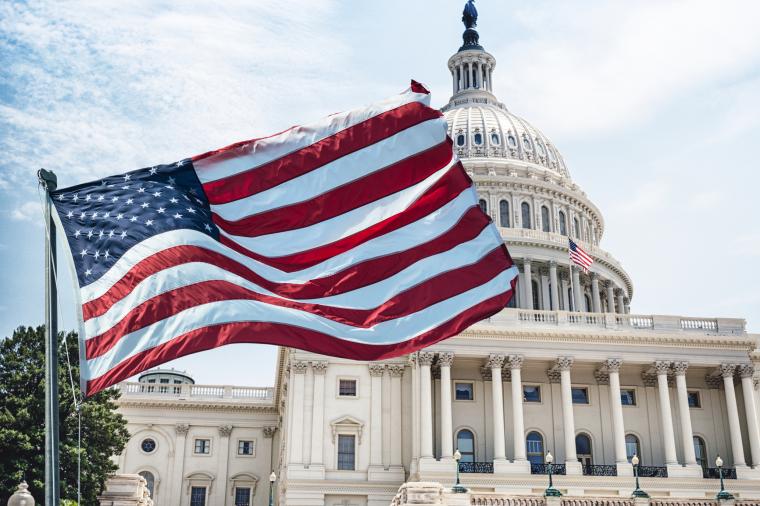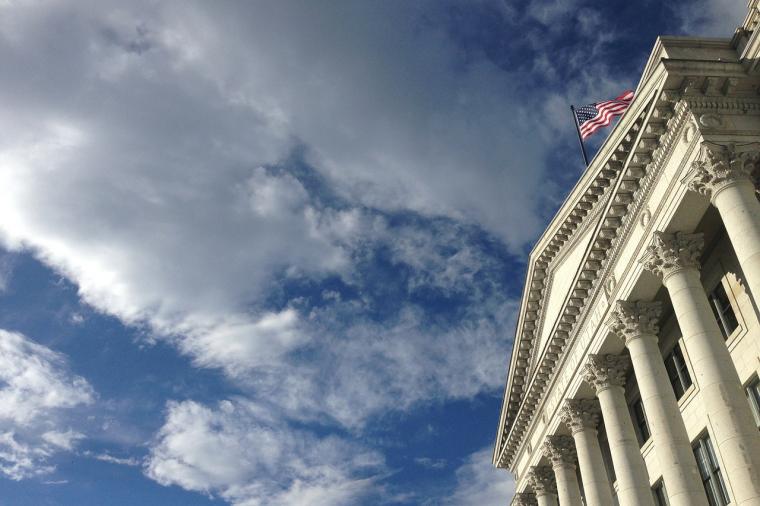Exclusive Interview: Steve Wells Discusses DLT Contract Expertise and Reflects on Military Career

This week we sat down with DLT Senior Director of Program Management, Steve Wells, to discuss how DLT's contract expertise can be beneficial to its technology company clients and public sector customers, particularly as we approach the end of the Federal Fiscal Year. We also discussed Steve's military career, of which he just celebrated a major milestone.
Interviewer: Hi Steve, thanks for sitting down with us today. To start, why don’t you tell us a little bit about what you do at DLT.
Steve Wells (SW): As the Senior Director of Program Management at DLT, I lead a team that is responsible for the program management and success of DLT’s portfolio of government enterprise agreements and other high-profile programs. We built an industry-first solution, the DLT Enterprise Agreement Platform (EAP), to provide exceptional service and value.
Interviewer: The Enterprise Agreement Platform is a tool that really sets DLT apart. Tell me more about that.
SW: EAP converges the power of the DLT Marketplace with a vendor-certified team and a comprehensive program lifecycle management methodology. EAP’s mission is to secure and maximize the value of enterprise agreements for our government customers and vendor clients.
So how do we do that? First, our team is composed of experienced experts who have significant knowledge of strategic sourcing and federal IT acquisition initiatives. With an enterprise agreement in place, our team then leverages EAP (a unique blend of people, process, and technology) to ensure we achieve a program’s mission objectives. New programs are ramped-up in a matter of days, then quickly transition to a management model based on continuous improvement.
Interviewer: DLT’s Clients must love the data they receive from EAP.
SW: Absolutely. By capturing acquisition and other program data through the DLT Marketplace, the vendor client and government customer understand the utilization of the contract and license/support trends. This visibility simplifies the validation process and supports data-driven investment decisions – not to mention exercising of option years and re-compete initiatives. Our vendor clients also use these data for targeted sales and marketing campaigns to drive incremental revenue.
Interviewer: How about DLT’s Customers? What kind of advantages does EAP provide them?
SW: The DLT Marketplace is a critical component of EAP’s value proposition. The Marketplace helps the government consolidate, centralize and streamline acquisition through the enterprise agreement, while delivering unprecedented visibility into asset management, reporting, trend analysis and other metrics used to quantify cost avoidance and ROI of the agreement. Many of our customers who utilize the Marketplace have been able to completely abandon their license and subscription management spreadsheets. Possibly one of the greatest customer benefits is the significant reduction or elimination of data calls across the agency to validate their license/subscription footprint. It’s all conveniently located in the Marketplace’s acquisition report.
Interviewer: With Federal Fiscal Year End coming up, access to the EAP has got to be a huge advantage, right?
SW: It is a huge advantage. By using the EAP, federal customers have a greater understanding of the budget spent on a particular manufacturer (via the enterprise agreement). Customers can then make educated acquisition decisions during FFYE when time is limited and their internal demand increases.
Interviewer: On top of all of this, you are also a Captain in the U.S. Army Reserve where I understand you recently had an anniversary. Tell me a little bit about that and your time in the military.
SW: I originally enlisted in the National Guard when I was 17. After three years in Virginia Beach in the National Guard, I felt the “itch” to serve in a greater capacity, so I transitioned to active duty with the Army as an Infantry Soldier. That began a very exciting part of my life.
My first deployment was to Kuwait in ’96. We patrolled the Iraqi border for four months during one of the hottest summers on record. We had 120+ degrees and sandstorms for 62 days straight. When we returned to the U.S., I was immediately reassigned to Korea, where I was stationed a few miles from North Korea for a year.
After that, I spent three years in Germany where I was promoted to Sergeant. We deployed to Kosovo as a unified NATO force in 1999 in response to the Albanian genocide. We were the second Army unit on the ground and it was literally like the Wild West. There was no law and order or basic government services. Things like electricity, water, and healthcare became scarce or non-existent. I was in charge of the Battalion Commander’s Personal Security Detachment and we were constantly on the move. For seven months we were on patrol or running missions 19 hours a day, 7 days a week – without a single day off. That was a really tough time, but the environment and tempo was instrumental in building real leadership skills. I learned that there’s a difference between management and leadership. Motivating exhausted soldiers in an austere environment, day after day, became a significant obstacle that required a creative approach. Overcoming the many challenges of this deployment brought tremendous perspective to my life.
I left active duty in 2002, but still felt that itch to serve, so I went back to the National Guard. My timing was terrible. I was activated in 2003-2004 in support of Operation Enduring Freedom. I deployed to Kuwait, Qatar, and Oman in support of the war in Afghanistan. I was later activated again in 2006-2007 and was sent to Iraq.
Today, I am a Captain in the U.S. Army Reserves and am proud to say I recently celebrated 25 years of continuous service to the military in March 2018. I am scheduled to fully retire next year on my 26th anniversary.
My career in the military has been tough, but the education and leadership skills I learned along the way are invaluable. I learned that organizations achieve great things through teamwork and great leadership. The military instilled in me – a sense of duty, honor, integrity, confidence, and of course - perspective. I lean on these traits and the lessons learned from the military every day at DLT. From the way I conduct myself personally, to the way I lead my team.
It's in everything I do.
